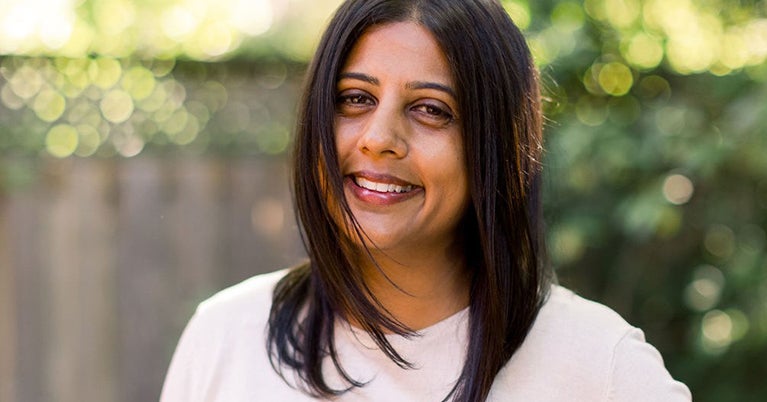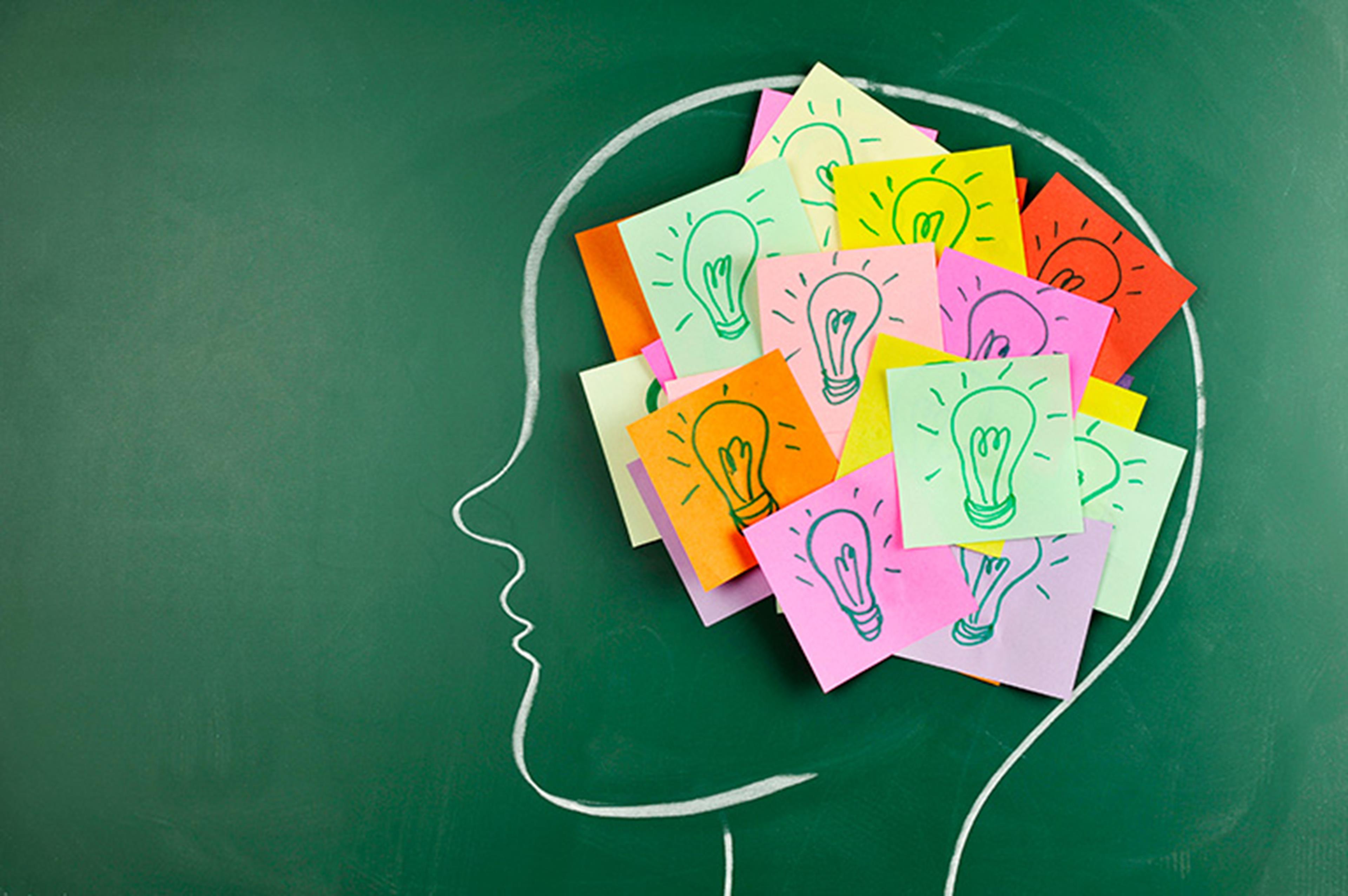Manage Your Mind: How to Maintain Well-Being in Your CPA Career
Monica Bhardwaj, CPA, is a certified life coach with experience in the corporate world including TD Bank and Deloitte. After 20 years working in corporate, she is now a life coach and host of the Live Better podcast.
We asked Monica about her career transition and how fellow CPAs can try to regulate their stress and anxiety.

Why did you decide to become a CPA?
Honestly, my well-meaning immigrant parents convinced me that having a professional designation was a symbol of success and I would be financially secure. I learned the hard way that success and financial security are never achieved from anything outside of you.
How did you start your career and eventually transition into life coaching?
I always experienced anxiety and self-doubt when I worked in the corporate sector but managed my way through it. But it became unmanageable after I struggled with fertility and a difficult pregnancy and post-partum issues. Then I returned to work in what most people would describe as a highly toxic environment.
I was fortunate to find the coaching tools and techniques that I now teach to help me feel more ease and confidence, and I wanted to share what I learned to help others experience the same level of mental and emotional freedom. It’s truly life- and world-changing.
What do you wish more people knew about stress and anxiety?
I want everyone to know that experiencing negative emotions like stress and anxiety is a sign of a very normal and healthy nervous system that is functioning how it’s designed to. The more we get to know these feelings instead of avoiding them, the less intense they feel and the faster they end so you can move forward.
What is high-functioning stress and anxiety? And how can people navigate it?
It’s the response to stressors that we all feel but can still function. That said, humans aren’t meant to experience prolonged stress and anxiety. Our natural state is one that is regulated and feels calm, present and safe, so it’s important to actively bring yourself back to that state more often. We can all do this by regulating our nervous system and choosing our thoughts on purpose. These two things contribute to much of our stress and anxiety and are within our control.
What does work-life balance mean to you?
A one-size fits all definition of work-life balance doesn’t exist given our gender and culturally diverse workforce. How we spend our precious time will depend on our individual values, priorities and preferences, which will change over the course of our lives. And the balance we’re all seeking isn’t a quantifiable number of hours of work versus life. What we’re really longing for is the feeling of well-being and presence no matter how we are spending our time.
What is something you wish someone told you at the beginning of your career?
That your accomplishments, relationship status, body shape and size or anything else outside of your control doesn't create lasting ease and confidence. You have to cultivate those feelings for yourself by being aware of your inner world, unhelpful beliefs and actively managing your emotions and your mind.
What advice can you share with aspiring CPAs?
You never have to white-knuckle your way through life with stress and anxiety. Work with a therapist or life coach to help you manage your mind and emotions to have more well-being. Not only will you feel better, but you will be able to step into your self-authority more comfortably and live and work on your own terms instead of how you’ve been socialized or expected to.
Rapid fire
- A book or podcast that you recommend: The book Burnout: The Secret to Unlocking the Stress Cycle by Emily Nagoski and Amelia Nagoski. I have a limited series podcast that offers concrete tips and strategies to manage your mind and emotions and teach your kids how to do the same.
- The best piece of advice you’ve ever received: Being willing to feel any emotion without fearing it is the secret to having an extraordinary life.
- The best way to relax and recharge after a long day: There is no “right” way, just do something that leaves you feeling relaxed or recharged. You will know by getting into your body and noticing how you feel. Savour the positive feeling for at least twenty seconds to rewire your nervous system.


